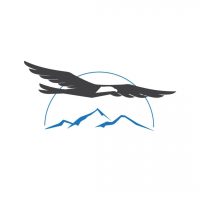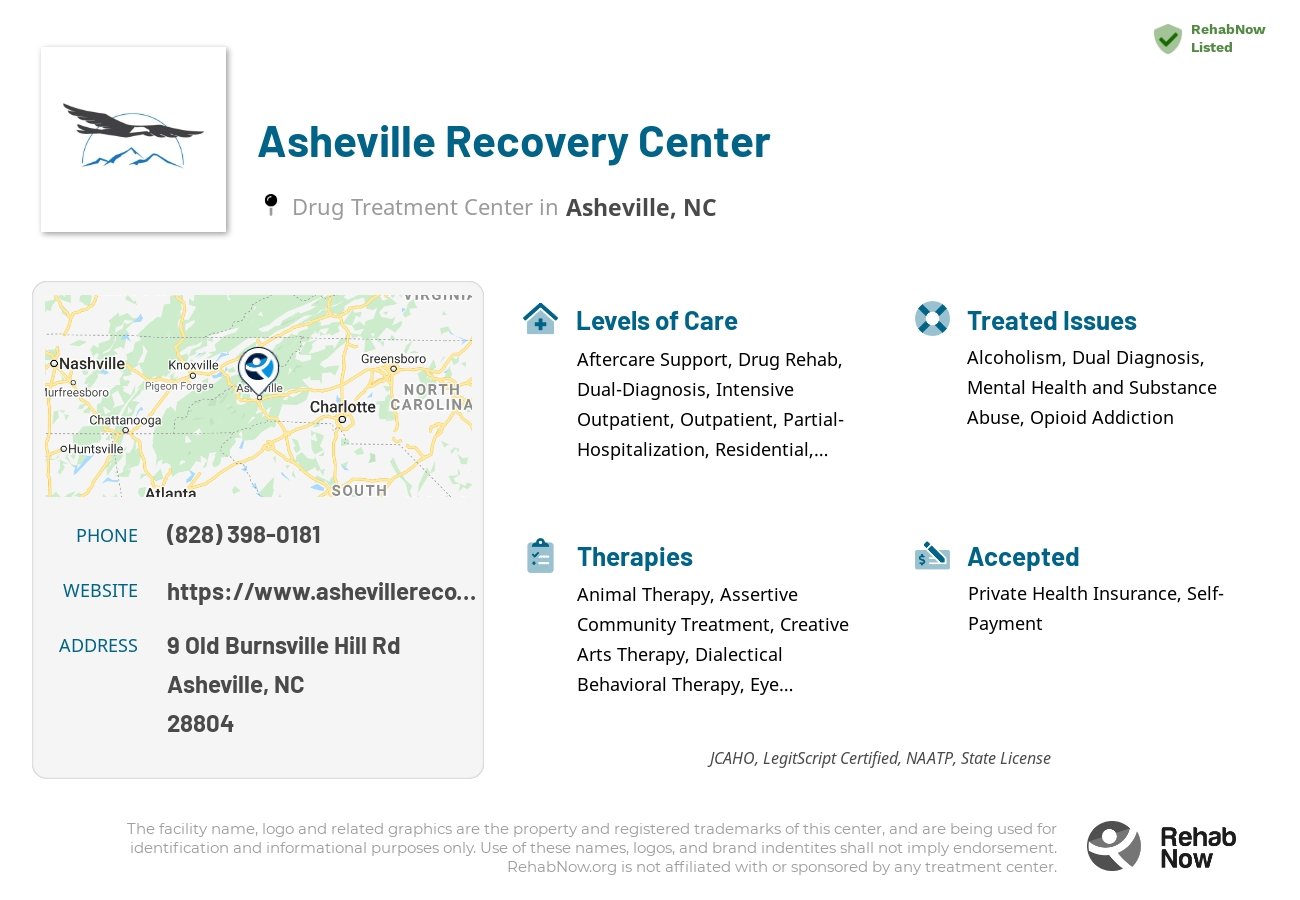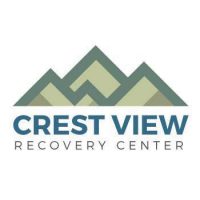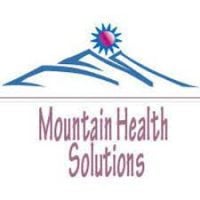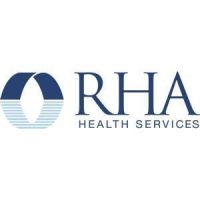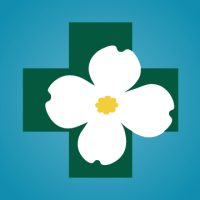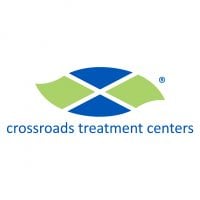Asheville Recovery Center
Drug Rehab Center in Asheville, North Carolina
At Asheville Recovery Center, clients can access a comprehensive and tailored drug rehabilitation program with experienced professionals offering personalized care and support - as well as additional therapies such as adventure-based therapy, art therapy, and music therapy - to help individuals achieve lasting sobriety.
About This Asheville, NC Facility
Asheville Recovery Center in North Carolina stands as a beacon of hope for adults grappling with addiction. This accredited facility employs a combination of the Matrix Model and 12-Step Model to deliver individualized care for substance use and dual-diagnosis disorders. With 40 beds, the center promises a comfortable and supportive environment. Its commitment to blending traditional and innovative treatments ensures a unique pathway to sobriety for each client.
Holding accreditations from LegitScript, JCAHO, and NAATP, along with a state license, Asheville Recovery Center is recognized for its high standards of care. The center emphasizes the importance of a personalized approach, incorporating both intensive therapy sessions and increased autonomy through programs like PHP and IOP, catering to the varied needs of its clients.
- Offers a diverse range of therapies including CBT, DBT, yoga, and meditation to meet individual needs.
- The Partial Hospitalization Program (PHP) provides a structured yet flexible treatment plan, facilitating a balance between therapy and personal life.
- Comprehensive aftercare services support clients in maintaining long-term sobriety, with resources and referrals to sober living facilities.
Asheville Recovery Center specializes in treating alcoholism, opioid addiction, and dual-diagnosis conditions. Through a combination of detoxification, inpatient, outpatient, and specialized dual diagnosis treatment, alongside innovative therapeutic methods, the center offers various levels of care tailored to foster recovery and well-being.
Genders
Ages
Modality
Additional
Religion / Spirituality
Christian
Accreditations
State License
NAATP

LegitScript

JCAHO
Conditions and Issues Treated
Substance abuse refers to the intensive and inappropriate use of psychoactive substances. Psychoactive substances are those that affect brain function. These include illegal drugs, alcohol, and even the excessive use of prescription drugs. The overuse of psychoactive substances leads to severe physical or psychological dependence. It also affects the social life and relationships of the affected individual. Substance abuse is treatable.
The duration of treatment at Asheville Recovery Center in Asheville can require weeks or even months depending on the severity of the condition as there is a risk of relapse. Treatment options include medications, counseling sessions, various types of behavioral therapy, and group therapy in different combinations.
Addiction to prescription opioid painkillers like oxycodone and hydrocodone, and illicit opioids such as heroin, leads to potentially life-threatening withdrawal symptoms when discontinued. Opioid addiction treatment typically involves an inpatient stay at facilities like Asheville Recovery Center to make sure they get through withdrawal safely. Treatment also includes comprehensive mental health counseling.
Mental illness includes conditions such as anxiety, depression, schizophrenia, bipolar disorder. It can also happen that mental illness causes drug addiction and vice versa. Asheville Recovery Center in North Carolina knows it is vital to diagnose dual diagnosis or co-occurring disorder.
Levels of Care Offered
This center offers a variety of custom treatment tailored to individual recovery. Currently available are Aftercare Support, Detox, Drug Rehab, Dual-Diagnosis, Inpatient, Intensive Outpatient, Intervention, Outpatient, Partial-Hospitalization, Residential, Sober-Living / Half-Way, with additional therapies available as listed below.
One of the first things an addict should do when entering treatment is to abstain from using illicit drugs completely. Depending on the length of time that the person has been using, the addict may have to go through alcohol or drug withdrawal. Fortunately, detox doesn’t have to be done alone, and withdrawal symptoms can be managed medically in an inpatient or outpatient setting. While detox may be uncomfortable, it is not life-threatening. Detoxification allows the addict to rid the body of all traces of drugs or alcohol and gives the addict a clean slate for their recovery.
Inpatient programs are intensive regimes that require individuals suffering from serious addictions to admit themselves into a controlled environment. Inpatient programs in North Carolina generally span over 28 days to six months. The first step in an inpatient program is medically assisted detox. Doctors and addiction specialists at Asheville Recovery Center monitor the individual’s vital signs as the drugs leave their system. Some inpatient rehab programs also provide counseling for family members to provide encouragement and emotional support. In inpatient programs, patients have access to 24-hour medical supervision.
Daily trips to the hospital that provides the treatment include intensive outpatient services (IOP). IOP in North Carolina is appropriate for patients in residential recovery facilities that have been diagnosed with addiction. Patients return to their everyday lives gradually, increasing the likeliness of success in treatment.
To assist with alcohol or opioid abuse, or a co-occurring condition, Asheville Recovery Center offers an outpatient treatment program. For their rehabilitation and other services, the North Carolina patient will go to the treatment center, yet return home every night. After most of the program is completed, the level of mandatory participation reduces.
To protect those dealing with acute symptoms of addiction, a partial hospitalization program is ideal in the treatment process. This ensures that the person is cared for in a hospital-like environment in Asheville, NC during the battle against drug addiction effects. Most PHPs need therapy for about six hours, at least three days a week.
Sober living houses in North Carolina help the patient to smoothly transition from a formal treatment program to a normal life. They are also known as recovery residences or half-way houses. SLH like Asheville Recovery Center provide the advantage of residing with a peer-group who had similar experiences.
Residential treatment programs are those that offer housing and meals in addition to substance abuse treatment. Rehab facilities that offer residential treatment allow patients to focus solely on recovery, in an environment totally separate from their lives. Some rehab centers specialize in short-term residential treatment (a few days to a week or two), while others solely provide treatment on a long-term basis (several weeks to months). Some offer both, and tailor treatment to the patient’s individual requirements.
Treatment is just a first step in sustaining sobriety. After rehabilitation, counseling for aftercare helps the person adapt to a life without drugs. A sober living facility in Asheville, job therapy, or educational assistance may be included in this service, managed by Asheville Recovery Center. This is when a preventive strategy for relapse starts to take shape.
Asheville Recovery Center‘s Therapies & Programs
In addiction recovery at Asheville Recovery Center, therapy plays a significant role. This helps patients get to the root of their addiction and discover how the problems that contributed to their use can be handled better. Therapy can be performed in a group and one on one settings. The patient interacts with the therapist in a one-on-one atmosphere during individual therapy. This encourages them to reflect on the underlying addiction problems and develop ways to avoid potential future abuse.
Addiction and alcoholism affect the entire family. For this reason, family therapy is vital to a person’s recovery from addiction. In contrast to couples counseling, family therapy at Asheville Recovery Center may include siblings, children, parents, and other significant people in the recovering person’s life. Family support is one of the most important pillars of recovery.
Many people turn to drugs and alcohol as a way of processing trauma that has affected them in the past. Trauma can include abuse, neglect, the loss of a loved one and other unpleasant incidents. Trauma therapy at Asheville Recovery Center helps patients process trauma. It gives them the tools to deal with it in a healthier manner.
Dialectical behavioral therapy (DBT) is a type of Cognitive Behavioral Therapy that focuses on eliminating specific negative thoughts such as suicidal thoughts that can potentially lead to an individual inflicting self-harm. It is useful in the treatment of patients exhibiting uncontrollable emotions, intense mood swings, and borderline personality disorders.
The term “Dialectic” means the integration of opposites. In the substance abuse context, DBT refers to accepting the patient’s addiction and working to change their thoughts and behavior. It improves life skills such as controlling the intense emotions without reacting impulsively, resolving the interpersonal conflicts effectively, and promoting awareness about self and others.
Cognitive Behavioral Therapy (CBT) examines the relationship between a patient’s thoughts, feelings and behaviors. Asheville Recovery Center aims to establish a healthy response to thoughts and feelings as an alternative to turning to drugs and alcohol. It also promotes healthy communication between addicts and those around them. It is and effective therapy for people suffering with all types of addictions.
EMDR therapy is combined with behavioral therapies to address the root cause of the problem. The rapid eye movements reduce the patients’ negative feelings related to the trauma and promote calmness and relaxation.
Life skills pertain to the skill sets a person should possess to become successful in life. Examples are time management, budgeting, and social abilities. Life skills therapy highlights the fact that addiction recovery is more than just a person’s ability to go through their day-to-day without resorting to substance use in Asheville, NC once they leave the facility.
The recovery technique used by Alcoholics Anonymous is the 12 step program, but it can relate to any form of addiction. The 12 steps that addicts must take on the road to recovery are explained. Measures include acknowledging that you have a problem and agreeing to turn around your life. The curriculum, instructed by Asheville Recovery Center, also requires a belief in a greater power and making amends to others.
It’s no surprise that diet is a crucial player in one’s well-being. What an individual puts into his or her body becomes the fuel that drives the mental and physical faculties to perform accordingly. Therefore, nutrition therapy, also known as medical nutrition therapy (MNT), guarantees that an individual is providing his or her mind and body with proper nourishment.
The right diet can improve a person’s general outlook, sleep habits, and thought processing skills. MNT also lowers the occurrence of chronic diseases such as adult-onset diabetes. Dieticians at Asheville Recovery Center in Asheville, North Carolina believe that nutrition therapy is the key to making significant lifestyle changes, especially when it comes to personal care.Nicotine Replacement Therapy (NRTC) used products like skin patches and gum to deliver nicotine into the bloodstream of people trying to quit smoking. This helps break the habits associated with smoking. The very low doses of nicotine managed by Asheville Recovery Center prevent cravings while helping people make a gradual transition to complete smoking cessation.
Payment Options Accepted
For specific insurance or payment methods please contact us.
Is your insurance accepted?
Ask an expert, call (888) 674-0062
Additional Details
Specifics, location, and helpful extra information.
Asheville, North Carolina 28804 Phone Number(828) 398-0181 Meta DetailsUpdated April 15, 2024
Staff Verified
Is Asheville Recovery Center a LegitScript Verified Treatment Facility?
According to our most recent records, we have found this center to be LegitScript verified.
Patient Reviews
There are no reviews yet. Be the first one to write one.
Asheville, North Carolina Addiction Information
North Carolina ranks 29th in the nation for overall substance abuse. Many of the drugs abused in the state are illicit, and many of these are opioids. Prescription opioids are readily available due to the high rates of medical workers prescribing them. The number of prescriptions has increased tenfold since the 1980's. Opioid overdoses are the most common type of death in North Carolina.
The drug addiction problem in Asheville, North Carolina, is relatively bad. About 7.4% of Asheville residents aged 12 or older reported using illicit drugs. Additionally, nearly 12% of Asheville residents reported misusing prescription drugs in the past year. The most commonly used drugs are marijuana, cocaine, and heroin. Asheville, North Carolina, is a vibrant city with plenty to do. There are plenty of local and nearby rehab centers for treatment.
Treatment in Nearby Cities
- Asheboro, NC (155.4 mi.)
- Nags Head, NC (390.7 mi.)
- Kings Mountain, NC (74.4 mi.)
- Dobson, NC (116.7 mi.)
- Ellenboro, NC (50.4 mi.)
Centers near Asheville Recovery Center
The facility name, logo and brand are the property and registered trademarks of Asheville Recovery Center, and are being used for identification and informational purposes only. Use of these names, logos and brands shall not imply endorsement. RehabNow.org is not affiliated with or sponsored by Asheville Recovery Center.
